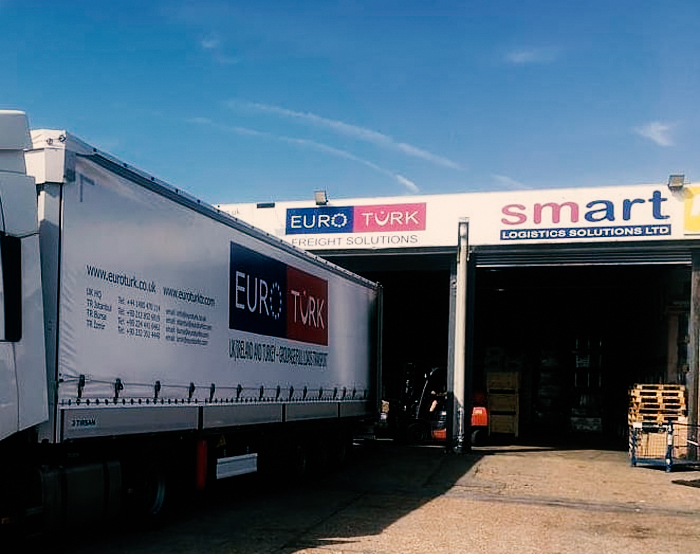Supply chain disruptions can have a major impact on businesses, leading to lost revenue and damaged customer relationships. But by taking proactive steps, companies can minimise the likelihood of disruptions and be better prepared to handle them when they do occur.
One key way to prevent supply chain disruptions is by diversifying your suppliers. By having multiple sources for the materials and products you need, you reduce the risk that a single supplier will cause a major disruption. Additionally, it’s important to regularly assess and evaluate the risk profile of your suppliers, taking into account factors such as their financial stability, location, and the industries they serve.
Another important step is to implement a robust risk management plan. This should include identifying potential risks, such as natural disasters or political instability, and developing mitigation strategies to minimise their impact. Regularly reviewing and updating this plan can help ensure that your company is always prepared for potential disruptions.
It’s also important to maintain good communication with your suppliers and customers. By keeping them informed about any potential disruptions, you can work together to minimise their impact. Additionally, having a solid relationship with your suppliers can help you quickly resolve any issues that do arise.
Another important aspect of preventing supply chain disruptions is to have a strong logistics and transportation plan in place. Companies such as Smart Logistics can take care all of the logistic worries that you may have.
Ultimately, the logistics industry faces a variety of constant challenges. Therefore, this is why it is essential that you choose an experienced, accredited and reliable partner to help guide you through these. Our Smart Logistics Team of trained professionals are agile and can respond to supply chain disruption, as and when they arise, finding alternatives when issues arise to minimise delays and disruption.
Choosing the wrong partner can create more stress than is needed, through a lack of organisation, concerns over safety and reliability, as well as running into further problems which could cause shipping delays.
Remember that cheap rates are not always the best solution. Although it may be a tempting offer, cheap rates may not be based on these routing or mode to meet your deadlines. They maybe on standard services rather than express or direct or may be based on transhipment ports, all of which can add time to transit and mean your goods are not where they should be when they need to be leading to additional cost either through lost sales, disrupted production or unhappy customers.
Make sure to research into a logistics partner before rushing into a situation that may leave you with supply chain disruption and EU to UK shipping delays. We at Smart Logistics ensure to prevent all these issues from accruing.
Additionally, utilising technology such as transportation management systems (TMS) can help you better track and manage your supply chain, giving you greater visibility into potential disruptions.
Finally, having a crisis management plan in place is essential for quickly and effectively responding to disruptions. This should include clear roles and responsibilities, communication protocols, and a plan for quickly getting operations back to normal. Regularly practicing and testing this plan can help ensure that your company is prepared to handle any disruptions that may occur.
In conclusion, supply chain disruptions can have a major impact on businesses, but by taking proactive steps such as diversifying suppliers, implementing a robust risk management plan, maintaining good communication, having a strong logistics and transportation plan, and having a crisis management plan in place, companies can minimise the likelihood of disruptions and be better prepared to handle them when they do occur.


